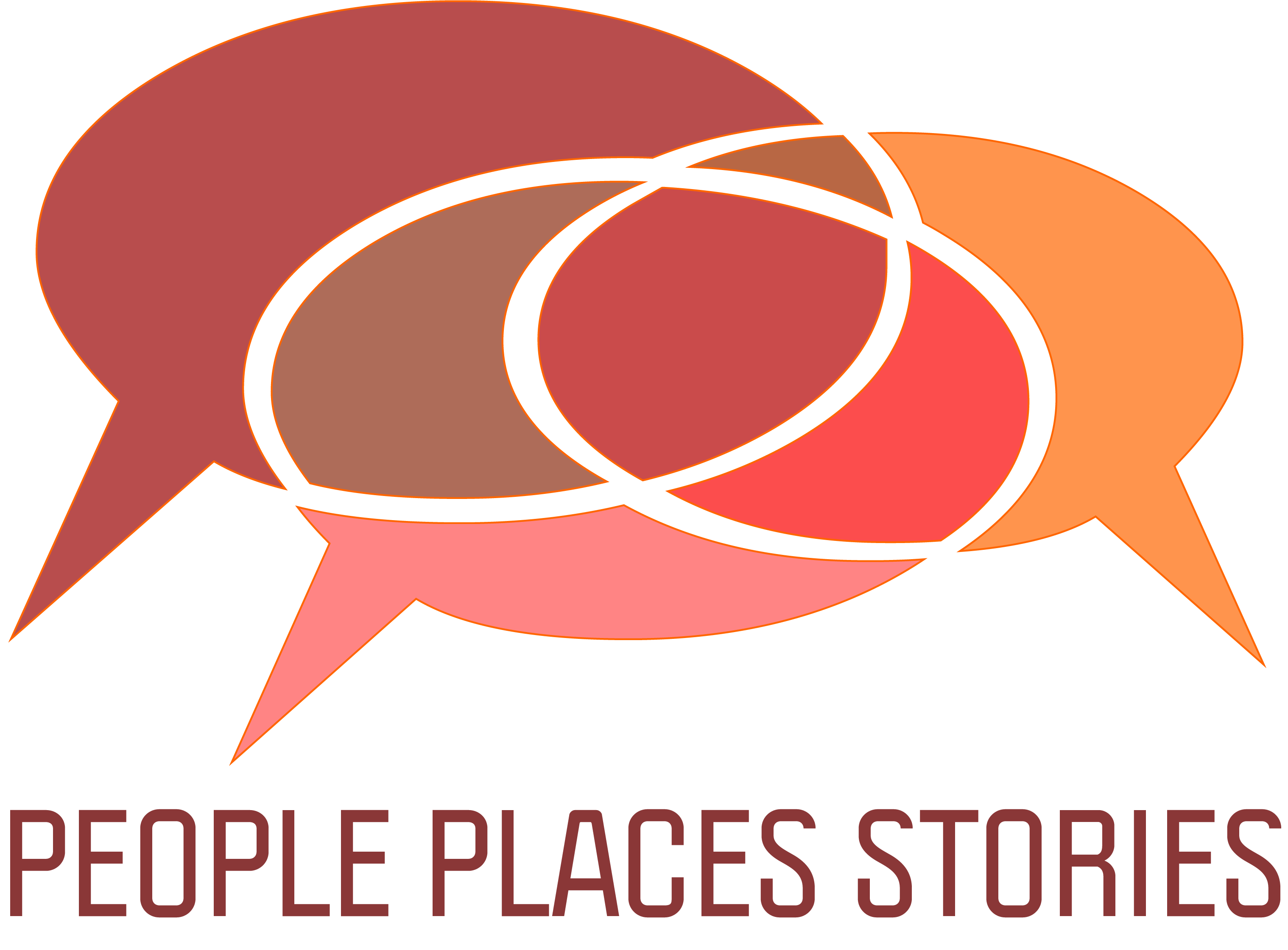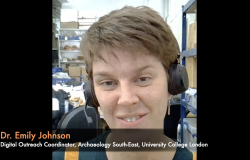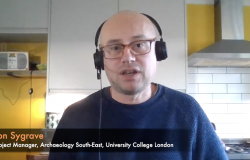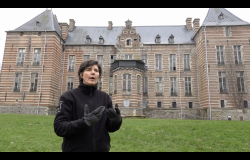Stage 4. Build capacity, review skills
Goal: to raise the capacity of the community to meet the goals they set for this HC initiative: to organise competence development and learning for facilitators, stakeholders, and citizens.
What competences do the facilitators need to build, maintain, and sustain this heritage community? What learning/development goals do we envisage in this project? How do we organise learning for the people involved? Can we link up with school or higher education? Can we link up with non-formal adult education?
Heritage Community Development Toolkit
- How can you
- Partner’s Example
-
Activities
- Stage 4 @ the House Mill
- Learning Materials
- Quiz
- Competence Development
- Additional Resources
How can you create a learning environment for your community members
- Link up with adult education organisations to better reach groups.
- Involve special groups (unemployed, interest groups …)
- Involve craftsmen, students …
- Provide crafts training courses.
- Organise a (volunteers) knowledge exchange fair (technicians, historians, artists, chefs, administrators, ecologists …
- Start a community of ‘learners’ (crafts, art, and etc)
Heers Castle (BE)

The Castle of Heers was mentioned for the first time in 1328 but the actual buildings date from around 1500. Throughout the centuries it was in private hands and played an important role in the region but, from the seventies on, it got totally ruined because of lack of attention and eventually lack of money. Today the castle is owned by the Flemish Government and managed by Herita, the Flemish organisation for the valorisation of built heritage.
Local volunteers play a special role in the restauration and value definition of Heers Castle. Learning by doing and learning from each other is in the DNA of the group. How can we get the right competences for getting all relevant tasks done? What competences are available in the group? How can we best share knowledge and expertise? Where do we find help? If an expert is needed, the first option would be to get him/her to join the group as a volunteer (if possible) and to find the best way for teaching and sharing. Absorbing someone into the group gives them more time for the exchange of knowledge.
- The volunteer castle guides took an historian on board to become better guides.
- The gardeners/parc managers got engaged with an historic garden expert who created a work plan and a syllabus.
- The group restoring the stables invited traditional craftsmen to learn from them.
- An agreement was made with the Center for Adult Education of Heusden – Zolder (village in the area) to open a branch at the castle and to organise a series of relevant courses – e.g. gardening, and parc & forest management, including hands-on sessions on the spot – for Heers’ volunteer members and external learners such as asylum seekers and job seekers.
- The VDAB (National Center for Job Placement and Vocational Training) is looking into an internship scheme.
- There is cooperation with the University of Hasselt, concerning experimental archeology for crafts development (e.g. the building of a traditional brick oven).
- Even the catering for the volunteer group is done by volunteers and subject to training and learning.
All this knowledge, expertise and learning processes are also an asset in the events organised to engage the wider community.
Posible Activities
- Include instruments or methods to turn a heritage context and community into a learning environment for lifelong learning and development.
- Plan and organise learning experiences, or trajectories.
- Turn activities into learning activities.
- Help people personalise experiences.
- Assess outcomes, and provide feedback.
- Build and moderate community processes in such a way that activities help people develop competences related to the development process of their heritage community.
- Document the learning processes and learning outcomes of stakeholders.
Reflection
- The House Mill partners with UCL to provide capacity building programs for the university students. What organisations and audiences you can work with to provide capacity building through your heritage?
- The video mentions the change of behaviour of the HM trustees through capacity building programs. What areas of change would you like to see in your HC and what tools, skills and/or competence you need to achieve these changes?
Learning Materials
Related Competence
- To facilitate learning and development for all actors in a heritage community initiative.
- To be a curious, active and effective lifelong learner in heritage related competence fields.
- To find & engage the right people to help (inform/assist/teach) develop the heritage community (HC).
- To validate the learning of all stakeholders in the development of the HC initiative
Competence Development Pathway
PPS focuses on building the capacity of heritage communities as a socio-cultural space for creativity, learning, participation & inclusion. Each stage of heritage community development involves either field, organisational or social competences.
We have developed the “PPS Competences & Knowledge-Skills-Attitudes (KSA) reference systems” that will assist you to develop the relevant competence to this stage.
Examples
Building local community capacity through workshops and training based on a shared interest in boats and the river.
A community boatyard in the heart of Cork City, a registered charity and nationally-accredited training centre. They run training camps, help communities with projects, help those not in education to take part in lifelong learning, boat building and woodwork.
Kathy Buchanen – General Manager. “We are about boats, we are about people, and we are about giving people an opportunity to get out on the water. We organise things in an inclusive way, and try to be flexible and give communities the opportunity to bring their own projects and ideas to the yard; boat building, rowing programmes, it’s as much about team building and personal development as it is about the boat. We work with people from all types of backgrounds, millionaires and asylum seekers at the same event. We partner with all sorts of organisations, people with mental health problems, youth groups, sailors, former prisoners, an organisation called Men’s Shed, youth groups, people interest in sailing, in history of Irish boats. The boats draw them and it’s the community and the network that makes them stay.”
H&L is building outreach capacity within the organisation.
Lex Roeleveld “The organisation Hedge and landscape focuses on the old craft of hedge laying. We have a core of a few professionals, 40 well trained volunteers and a few hundred of enthusiastic but relatively less skilled volunteers. We organise a lot of events, attracting thousands of visitors and spectators to hedge laying competition events. We have plenty of people attending our courses in hedge laying, but we also need to bring news, write newsletters, anecdotes, etc. We need to involve more and capable people to do the job together. Being a hedge layer is one thing; being a community manager is another. We need to lead groups; to do our administrative work; to write applications; to chair meetings; to present stories and we wish to broaden the organisation with new young members. We need to become stronger at Social Media”
Building capacity in the community to link heritage to culture and creative industries.
At TUMO, 12 to 18 year-olds from all backgrounds combine their local, cultural heritage with state-of-the-art international tools, engaging in cultural learning targets such as animation, game development, music, writing and robotics.
Faro training project



